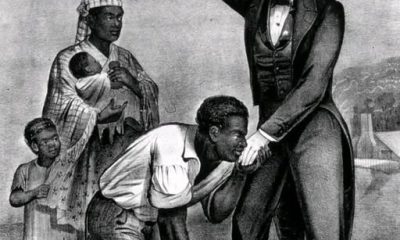Dr. Anthony Fauci, the prominent immunologist and former chief medical adviser to President Joe Biden, recently made headlines for being briefly hospitalized due to West Nile virus.
Here’s what you need to know about this mosquito-borne illness, especially as the United States approaches peak mosquito season.
What is West Nile Virus?
West Nile virus (WNV) is a mosquito-borne illness that primarily affects birds, but can also infect humans, horses, and other mammals. It was first identified in Uganda in 1937, and has since become endemic in many parts of the world.
The virus was detected in the United States for the first time in New York City in 1999 and has since spread across North America.
How Does West Nile Virus Spread?
READ ALSO: FG warns against bush meat, ponmo consumption over deadly virus outbreak
The virus is transmitted through the bite of infected mosquitoes, primarily those from the Culex species. Mosquitoes become infected when they feed on birds carrying the virus.
Infected mosquitoes then spread the virus to other birds and mammals, including humans. Importantly, West Nile virus does not spread from person to person, nor does it spread through direct contact with infected birds.
Symptoms of West Nile Virus
Most people infected with West Nile virus do not show symptoms. About 20% of those who are infected may experience mild flu-like symptoms, such as fever, headache, body aches, joint pain, and rash.
Symptoms typically appear about one week after a mosquito bite, but the incubation period can range from two to 14 days.
In rare cases, about 1 in 150 people who develop symptoms may experience severe illness, known as West Nile neuroinvasive disease. This severe form of the virus can lead to inflammation of the brain (encephalitis) or spinal cord (meningitis), and can cause symptoms such as high fever, severe headaches, stiff neck, confusion, muscle weakness, seizures, and even paralysis.
READ ALSO: Things you need to know about Hepatitis B virus
Dr. Fauci’s hospitalization highlights the ongoing risk of West Nile virus as the U.S. approaches its peak mosquito season. According to the CDC, there have been 103 reported cases of West Nile virus in the U.S. so far in 2024, with at least 68 cases classified as neuroinvasive disease. The virus is currently most active in Texas, Nebraska, Nevada, Louisiana, and Mississippi.
In Dallas, Texas, a recent case resulted in the death of a woman, marking the seventh West Nile-related death in the U.S. this year. This unfortunate event underscores the importance of taking precautions to prevent mosquito bites.
Dr. Fauci’s brief hospitalization serves as a reminder of the potential severity of West Nile virus and the importance of staying vigilant during mosquito season. Taking preventive measures and being aware of the symptoms can help reduce the risk of infection and ensure better health outcomes.

 Football1 week ago
Football1 week ago
 News7 days ago
News7 days ago
 Comments and Issues1 week ago
Comments and Issues1 week ago
 Health6 days ago
Health6 days ago
 Comments and Issues1 week ago
Comments and Issues1 week ago
 Comments and Issues1 week ago
Comments and Issues1 week ago
 Comments and Issues1 week ago
Comments and Issues1 week ago
 Latest1 week ago
Latest1 week ago

